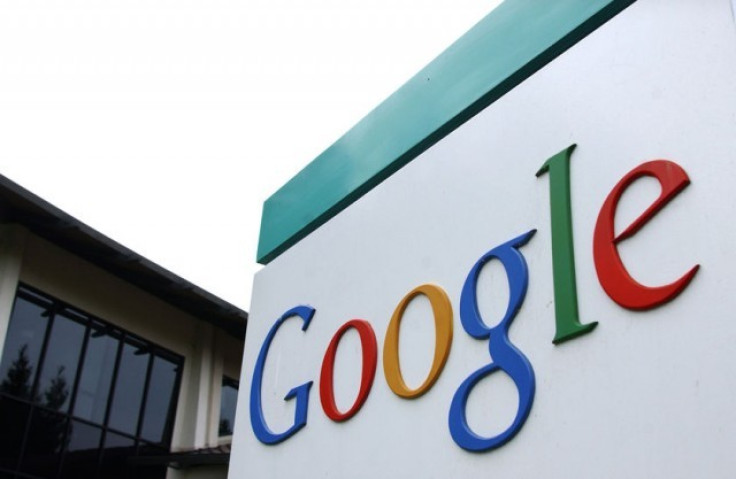Google Launches 'Defend Your Net' Campaign Against German Copyright Law
Newspapers in Germany could soon be allowed to request royalties from news aggregators like Google News for any content shown, but what does that mean for the UK?

Google has launched the 'Defend Your Net' campaign in Germany, days before the country is due to discuss updated copyright laws that would force the search giant to pay for any content shown by Google News.
The new law is due to be discussed in German government before the end of November and if passed will give newspapers and other publishers the right to request royalties from search engines and news aggregators like Google before a link to the source is displayed in search results.
Google's campaign is seeking to garner support to prevent the law being passed, and is asking internet users to sign a petition to show their support.
At the moment, Google News shows the headline, first paragraph and image of a news story, and clicking on the headline takes the user to the source - but the new law would force Google and others to pay every publisher before this snippet can be displayed.
Rupert Murdoch famously accused Google of 'stealing' news from his News Corp empire, as readers could generally get the jist of a story from the Google News search results, without needing to click through to the original story on one of his websites.
The proposed law, which could come into force by May or June next year, would give the producer of the content exclusive rights to make it "publically available, in whole or in part, for commercial purposes."
But it goes on to say that others may provide access to the content, unless they are "commercial operators of search engines or commercial providers of services that aggregate this content in a respective fashion"
According to the Financial Times, earlier this month Google said: "The law would hit every internet user in the country as searching for and finding information will be severely disrupted. This kind of interference with the internet is not what the system is about,"
Battle of internet news
The battle between news publications who want the internet to themselves, and Google who wants a slice of the action - but can also provide huge traffic for news sites that it links to - is more intense than it may first seem.
Eitan Jankelewitz, a solicitor from law firm Sheridans who specialises in digital media and intellectual property, said such ancillary laws already exists in some countries, with more looking to join.
In Brazil and Belgium almost no major newspaper websites appear in search results on Google News, and with France and Italy thought to be considering similar laws of their own, we asked Jankelewitz if he thought the UK would do the same.
"In the UK there is a slightly different tack taken. I think the UK is certainly much more overt in its courting of any digital industries, and I think that the view of the UK is to try and update copyright laws to fit the new digital age, rather than trying to use copyright law to make the digital age fit the traditional age. I think in this country we are relatively savvy with this sort of thing."

Looking at the British media it would be incomprehensible to think that major newspapers and broadcasters would allow themselves to be removed from Google News, as print circulation continues to fall and appearing on Google can be hugely beneficial for traffic, and therefore revenue.
Strike a balance
Jankelewitz told us that there needs to be a balance struck here; publications want the traffic benefits that Google can give them, but if Google shows too much, then readers will not click through to the source.
"There's a balance here for the content providers, because they want the royalties, but they also want to be high up on the results; the worse case scenario is to not be on the results and also not get the royalties."
As for a possible solution, and a compromise between the two parties, he said: "If they were to just show the headline in Google News then maybe that would help them to tiptoe around the legislation."
Speaking about Google's Defend Your Net campaign, Jankelewitz doesn't think it will stop the law from being passed, although it will help to get public opinion on the search engine's side.
"What Google is trying to do, is to get public opinion on their side, and the law makers will respond to that, but whether that will single-handedly stop the law from coming in, I personally don't think that it will.
As for the German ancillary law coming to the UK, Jankelewitz said that discussing the law here "will no doubt come up if it becomes the fashionable thing to do across Europe, and then it will at least be considered," but he doubts the UK will see such a law anytime soon.
"What the German publishers are doing is maybe a short term win, but it doesn't solve their problems. The newspapers generally don't make money now...this probably won't fix that problem."
© Copyright IBTimes 2024. All rights reserved.






